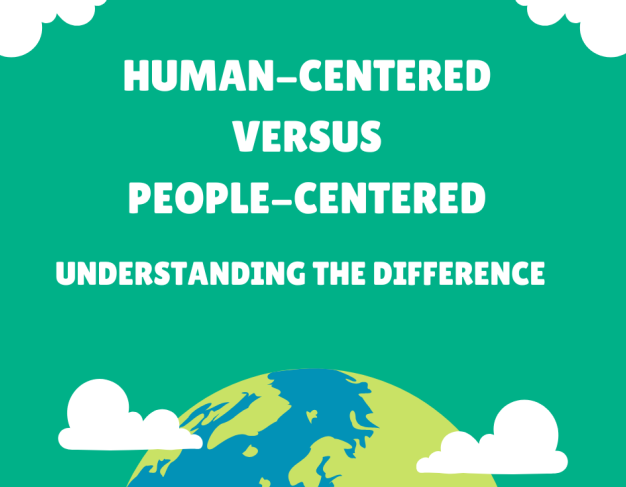ICSB GAZETTE
Submit to the Member SpotlightDe emprendedor a empresario y de empresario a emprendedor.
Tal parece que en todo el mundo arrancar empresas está de moda y que ser “emprendedor” es lo de hoy. Pudiéramos erróneamente pensar que antes de esta fiebre de startups no existían los emprendedores como tales, pero lo cierto es que desde tiempos inmemoriales siempre han existido aquellos que por alguna razón y en algún momento, decidieron correr el riesgo de intercambiar bienes de diferente valía con otras personas, buscando sacar un provecho o beneficio.
Industria Fintech. ¿Instituciones financieras emergentes para pymes? Entrega 2
Es evidente que los avances tecnológicos recientes en la oferta de servicios financieros, incluidos en ellos block-chain, machine learning, inteligencia artificial, big-data, cobots y criptomonedas, están conduciendo a un cambio de paradigma que ha impulsado a reguladores, consultores y académicos a desarrollar herramientas de tecnología y gestión a la vez que llevar a cabo investigaciones académicas.
Hacia la Universidad Emprendedora
Actualmente, la sociedad exige a las universidades mayor involucramiento en el proceso de desarrollo económico y social del territorio. Esto ha dado lugar a una nueva consideración de la institución, aquella que combine e integre las actividades tradicionales con la contribución al desarrollo económico y social.
Industria Fintech. ¿Instituciones financieras emergentes para pymes?
El mundo emprendedor y de pymes, incluyendo a las instituciones de apoyo y a los propios gobiernos, considera el financiamiento como uno de los tres temas más importantes para la promoción de pymes y en particular de las nuevas empresas. En el caso de las nuevas empresas tecnológicas, la gestión del financiamiento cobra especial relevancia debido a la existencia de barreras específicas para acceder a los recursos, ya que se trata de empresas con un componente importante de activos intangibles y una elevada dosis de incertidumbre producto de su carácter innovativo.
Rethinking the Entrepreneurial University and all that Jazz: The Campus Radio, Edutainment, and Youth Development
In putting this opinion piece together, I would like to start with an important question.
How can universities demonstrate entrepreneurialism beyond the usual suspects?
What are these usual suspects? Commercialisation of research? Navigating uncharted waters? And relevant to the current pandemic climate – is all about developing a vaccine and providing scientific advice? No disrespect to the good job of global players providing intelligence on vaccines and communicating numbers on the “R” rates – John Hopkins University, Imperial College, and Oxford University, to name just a few. While universities play a big role in saving lives, there is also the need for preserving livelihoods.
Sustainable start-up: Between candor and big lies
Start-ups are tricky and not least so in the wicked world of tech sustainability. This story is about a young engineer suddenly finding herself immersed in an entrepreneurial setting where she struggles to balance her idealistic vision of sustainable technology solutions with the hardcore realities of business-as-usual.
It is Entrepreneurship Time: Ecosystem Building: An Idea Coming of Age?
At a seminal OECD workshop in 2013 in the Netherlands, leading thinkers came together and discussed this issue. One side focused on creating optimal enabling conditions wherein entrepreneurship would emerge. The other side focused not on this institutional perspective but instead on a functional approach wherein the community grew from the entrepreneurs and their champions.
Economic and Social Crises and the Power of Data
Economic and Social Crises and the Power of Data Monday, November, 9, 2020Economic and Social Crises and the Power of Data Monday, November, 9, 2020 How Entrepreneurship can be part of economic revival In 2020, a social crisis, unprecedented in our modern society for...
Our small companies at the heart of the European Commission’s big efforts to deliver on the SDGs
Our small companies at the heart of the European Commission’s big efforts to deliver on the SDGs Monday, October 26, 2020, by Kristin Schreiber, Director for SME Policy at the European Commission’s Directorate General for Internal Market, Industry, Entrepreneurship...
Policy measures supporting informal Micro, Small and Medium Enterprises (MSMEs) in developing countries during the Covid-19 Pandemic
Policy measures supporting informal Micro, Small and Medium Enterprises (MSMEs) in developing countries duringthe Covid-19 Pandemic Monday, October 12, 2020Policy measures supporting informal Micro, Small and Medium Enterprises (MSMEs) in developing countries...











